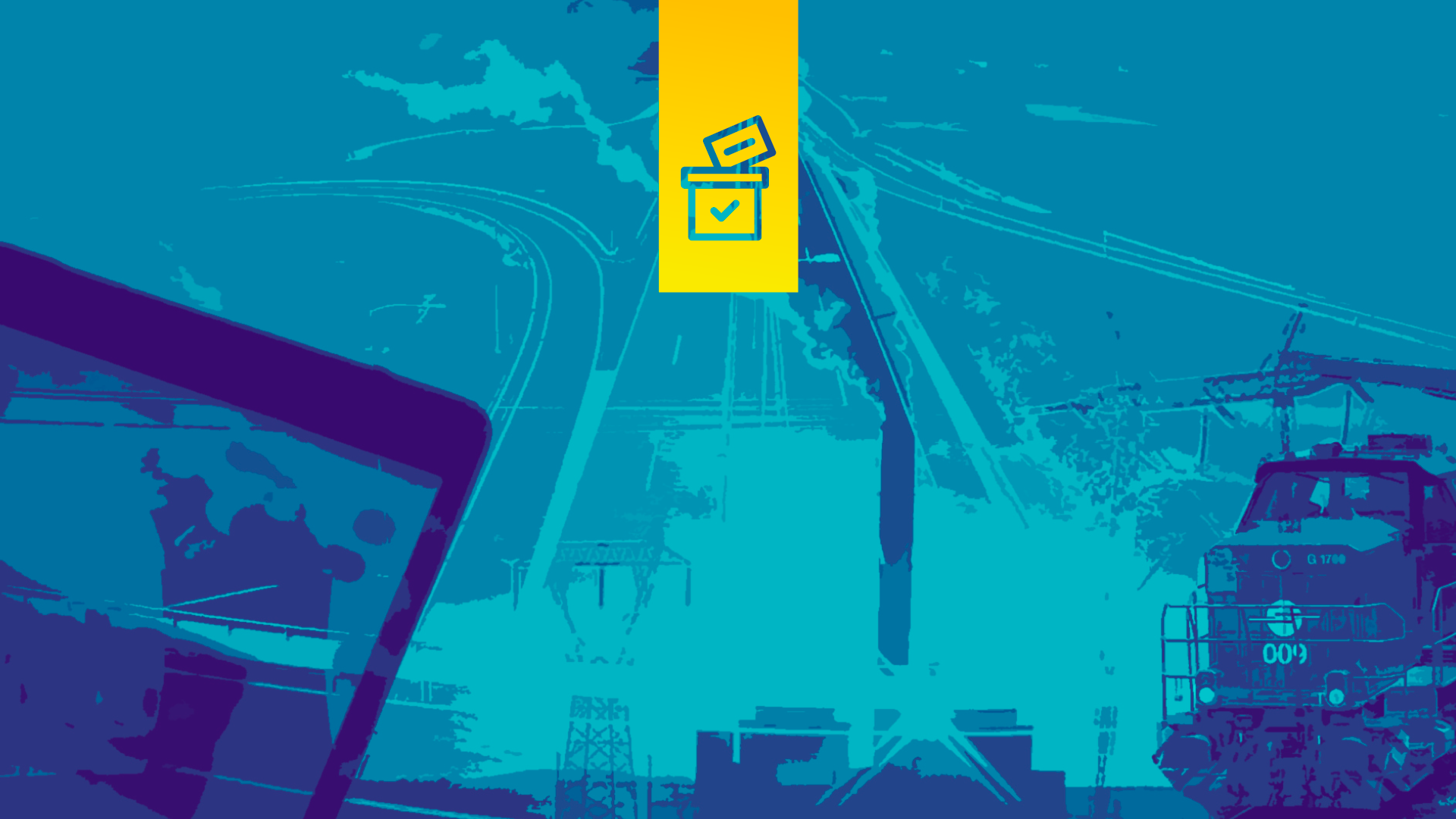
Elections 2021, a different perspective on the economy
With elections happening almost every two years, K2.0 listens to ideas on solutions amid dubious promises.
|12.02.2021
|
"Since economic migration is considered a major problem, we need to take the economy seriously."
"We must prioritize the empowerment of girls and women, both in education and in the economy."

Kosovo 2.0
Kosovo 2.0 is a pioneering independent media organization that engages society in insightful discussion. Through our print and online magazines, debates and advocacy initiatives, we are dedicated to deepening the understanding of current affairs in Kosovo, the region and beyond.
This story was originally written in Albanian.